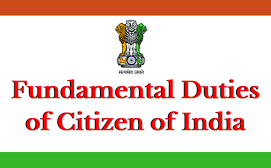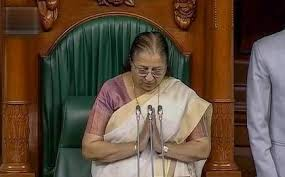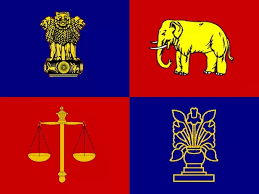Fundamental Duties are defined as the moral obligations of all citizens to help promote a spirit of patriotism and to uphold the unity of India and concern the individuals and the nation. They are included in Part IVA Article 51 A of the Constitution. They are not enforceable by the law. Originally, the Constitution of India […]
Fundamental Duties



